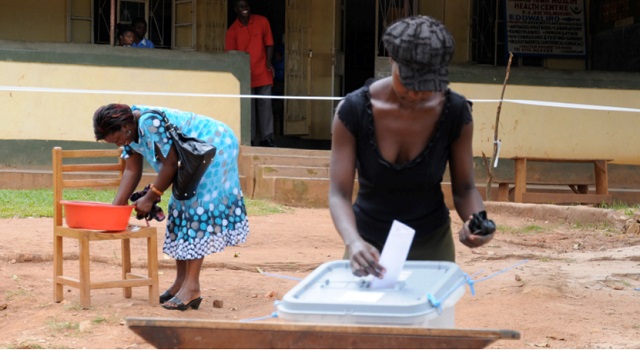
Although the NRM party has no known sources of income apart from monthly collections from party MPs; which is under a billion a year and donations from supporters (that never hit Shs50 billion), the party is expected to spend billions in this election cycle. In the past, the government has printed money and at others it pads the budget with election funds camouflaged as classified spending.
This time the government is expected to cover the fiscal deficit through foreign borrowing. The full amount of financing necessary to fund the FYE21 budget has not yet been lined up but lenders fear that the government might fail to slow the build-up of government debt and narrow fiscal deficits after the coronavirus shock. There might also be a sustained widening of the current account deficit and weakening of Uganda’s ability to attract long-term financing to cover it.
The 2020/21 pre-election year budget presented in June is the biggest in the country’s history at Shs45.5 trillion. The budget’s revenue target of Shs22 trillion (Shs21 billion tax revenue and Shs1.5 trillion non-tax revenue is just 47% of the Shs46 trillion resource envelop needed. Another Shs13 trillion will come from external project and general budget support.
Meanwhile, the security budget is second biggest after Works and Transport but most of the Shs4.5 trillion is classified. The government had estimated that its budget deficit would widen to 7.5% of GDP in the fiscal year ending June 2020, from 5.0% in FYE19. But the deficit was put at 8.6% in the budget read before parliament in June. It is expected to widen further to 9.4% in FYE21.
What lenders fear
The lenders fear that GDP growth will slow sharply as a result of sweeping coronavirus-related disruptions to economic activity. The IMF noted that the weakening economic conditions emanating from the Covid-19 pandemic have put significant pressures on revenue collection, expenditure, reserves and the exchange rate, creating urgent large external and fiscal financing needs.
The economy is expected to have grown by 3.1% in FYE20 but lenders expect GDP growth to slow sharply in FYE21. The partial or total lockdown of about three months, which began being eased in early June, is to blame together with the effects of heavy rainfall and flooding.
Although a significant hurdle for the development of oil production in Uganda was cleared when Total acquired Tullow Oil’s stake in the development, the government still has to give its final agreement to the transaction (including tax treatment). Oil production is unlikely before the mid-2020s. Oil production is likely to delay further if the global prices remain low.
Delay of the final private sector investment in oil production could cause additional liquidity pressures if debt servicing of oil-related borrowing comes sooner than oil revenues themselves. Total debt service (interest and principal due) is expected to average around 41.5 percent of government revenue over the next six years, until oil revenues ensue, the lenders say.
****
 The Independent Uganda: You get the Truth we Pay the Price
The Independent Uganda: You get the Truth we Pay the Price





